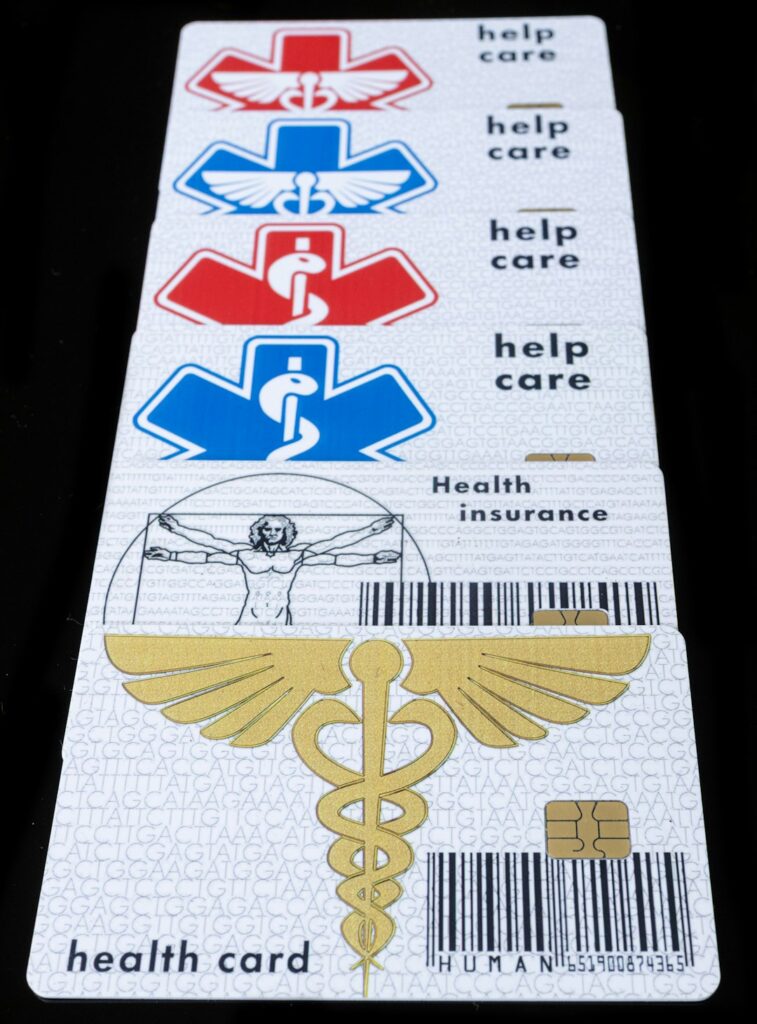AI Tools for Healthcare: Revolutionizing Patient Care and Management
In the dynamic landscape of healthcare, AI healthcare applications are transforming the way professionals approach diagnosis, treatment, and patient management. These tools harness the power of artificial intelligence to enhance efficiency, improve patient outcomes, and streamline operations. This article explores the various AI healthcare applications that are making significant strides in today’s medical field.
Understanding AI Healthcare Applications
AI healthcare applications refer to software or tools that utilize artificial intelligence to carry out tasks that typically require human intelligence. These applications analyze vast amounts of data, recognize patterns, and provide insights that facilitate better clinical decision-making. From reducing diagnostic errors to predicting patient outcomes, AI is reshaping healthcare.
Key Technologies Behind AI in Healthcare
- Machine Learning: A subset of AI, machine learning algorithms can identify interpretable patterns in medical data.
- Natural Language Processing (NLP): NLP enables computers to understand and process human language, improving interactions in electronic health records.
- Robotics: AI-driven robots assist in surgeries and patient care, enhancing precision and reducing recovery times.
Applications of AI in Healthcare
1. Diagnostic Assistance
AI systems are being utilized in diagnostic imaging, where they assist radiologists in identifying abnormalities in X-rays, MRIs, and CT scans. By analyzing images quicker and with increased accuracy, AI tools help in early disease detection, crucial for conditions like cancer.
2. Personalized Treatment Plans
AI healthcare applications are essential in crafting personalized treatment plans. By analyzing a patient’s genetic information, medical history, and lifestyle factors, AI can recommend targeted therapies that are more likely to succeed for individual patients.
3. Predictive Analytics
Healthcare providers employ AI for predictive analytics to anticipate patient needs and improve outcomes. By analyzing historical data, AI tools can forecast patient admissions, readmission rates, and potential health risks, enabling proactive care strategies.
4. Virtual Health Assistants
AI-powered virtual assistants are becoming increasingly prevalent in healthcare. They assist patients with scheduling appointments, answering health-related queries, and providing medication reminders. This helps to enhance patient engagement and adherence to treatment regimens.
Benefits of AI Healthcare Applications
Efficiency and Cost Reduction
Implementing AI tools in healthcare leads to considerable efficiency gains. Administrative tasks, such as data entry and scheduling, can be automated, allowing healthcare professionals to focus more on patient care. Additionally, AI reduces costs by minimizing administrative burdens and improving clinical outcomes.
Enhanced Patient Outcomes
AI healthcare applications contribute to better patient outcomes through accurate diagnostics and tailored treatment options. The ability to analyze large volumes of data provides healthcare providers with comprehensive insights, leading to informed, timely decisions.
Challenges and Considerations
Data Privacy and Security
As with any technology that handles personal information, AI healthcare applications face challenges related to data privacy and security. Ensuring patient confidentiality while utilizing data for analysis is crucial, necessitating stringent regulations and compliance measures.
Implementation and Cost
While the benefits of AI are clear, integrating these tools into existing healthcare systems can be challenging. Hospitals and clinics may face high upfront costs and the need for ongoing training and support, which raises questions about the return on investment.
The Future of AI in Healthcare
The future of AI healthcare applications is promising, with ongoing advancements in technology and data analytics. As more healthcare providers adopt AI solutions, improvements will continue to revolutionize patient care, making it more efficient, personalized, and accessible.
Conclusion
AI healthcare applications are not merely a trend but rather a pivotal part of the evolution of healthcare. Their capacity to enhance diagnostics, personalize treatment, and predict outcomes marks a significant step toward a more efficient healthcare system. As advancements continue, embracing these technologies will become essential for healthcare professionals aiming to provide the highest standard of care.
Enhancing Diagnostics with AI Healthcare Applications
AI healthcare applications are revolutionizing traditional diagnostic methods by providing more accurate and faster results. Machine learning algorithms can analyze medical images, such as X-rays and MRIs, with a precision that often surpasses human capabilities. This enhancement not only aids radiologists in detecting anomalies but also significantly reduces the time patients wait for results, allowing for quicker treatment decisions.
Predictive Analytics for Better Outcomes
Another prominent application of AI in healthcare is predictive analytics. By utilizing vast amounts of patient data, AI can identify trends and potential health risks before they become critical. For instance, healthcare providers can leverage AI tools to predict which patients are at greater risk for diseases like diabetes or heart conditions based on genetic data and lifestyle factors. This proactive approach enables early intervention and tailored treatment plans, leading to improved health outcomes.
AI Healthcare Applications in Personalized Medicine
The shift towards personalized medicine through AI healthcare applications is noteworthy. AI can analyze genetic information and other individual health data to create customized treatment plans that are specifically designed for the unique needs of each patient. This ensures that patients receive medications and therapies that are most likely to be effective for their specific conditions, which not only enhances the efficacy of treatment but also minimizes the risk of adverse effects.
Streamlining Administrative Processes
In addition to improving clinical outcomes, AI healthcare applications also streamline administrative tasks within healthcare facilities. Automation of scheduling, billing, and patient record management allows healthcare professionals to focus more on patient care rather than paperwork. This not only increases operational efficiency but also enhances the overall patient experience, as they encounter fewer administrative hurdles during their care journey.


